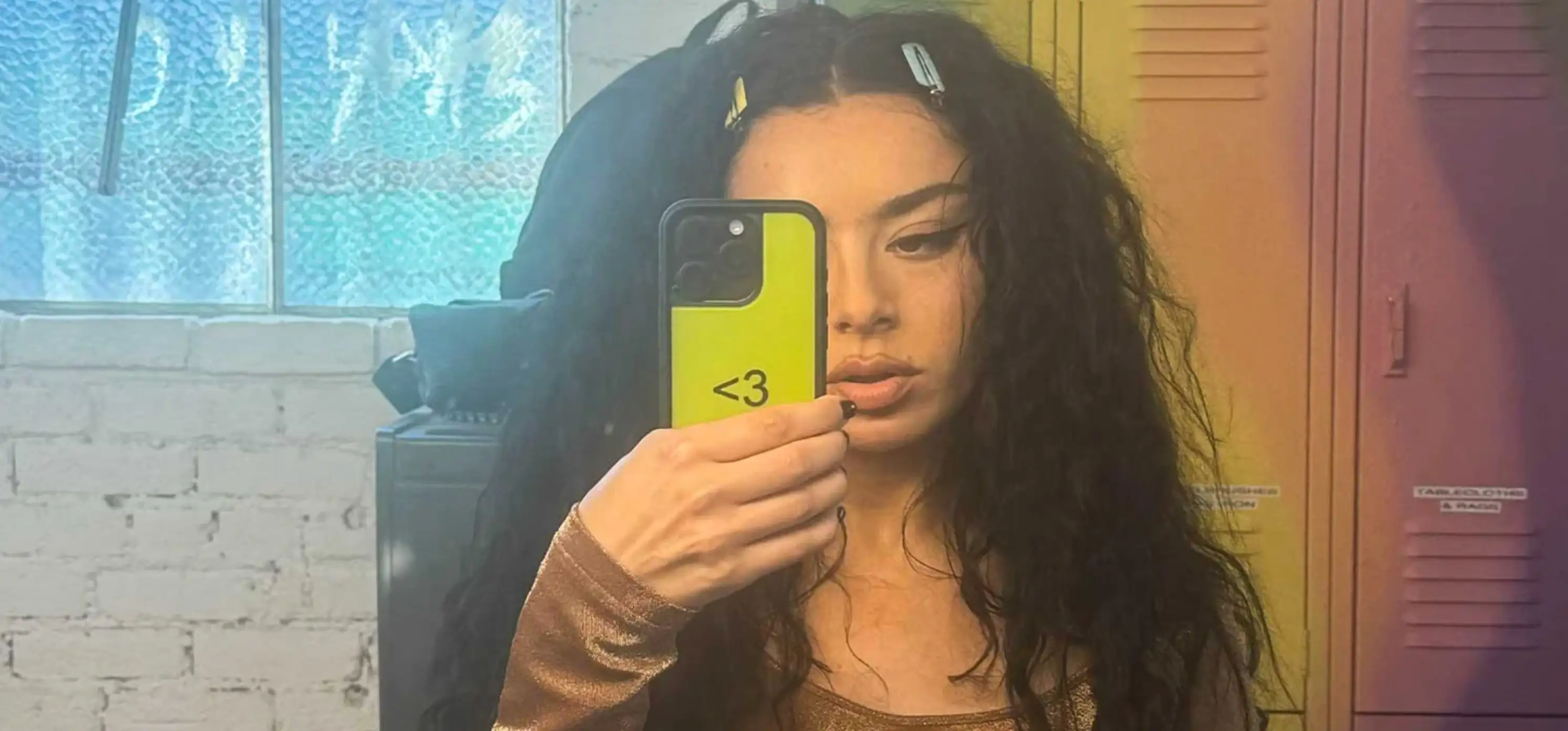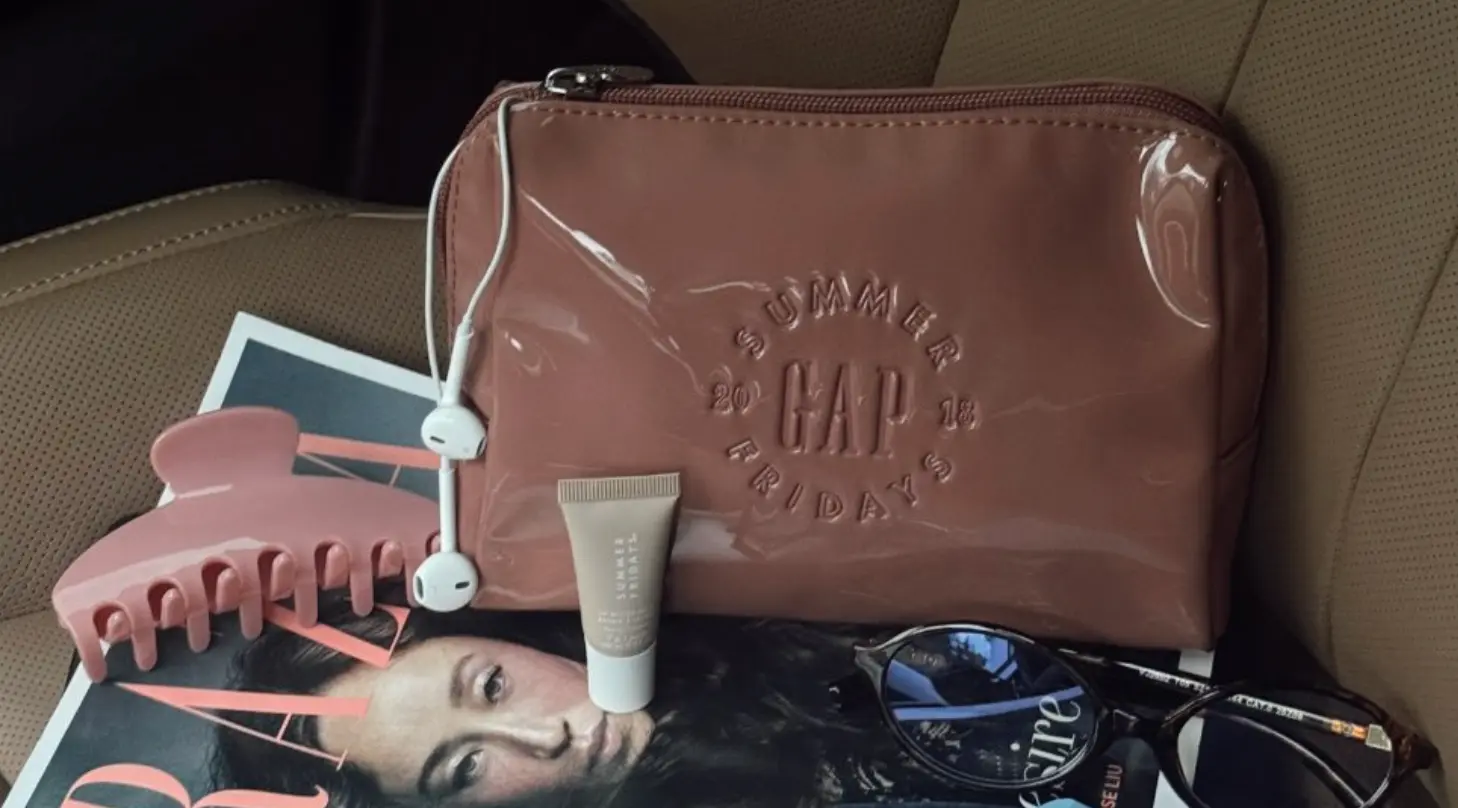Everything You Need To Know About The TikTok Ban in 2024.
Updated on
Published on

The recent passage of an anti-TikTok bill by the U.S. House of Representatives has sent shockwaves through the advertising and creator communities, sparking concerns and contingency planning regarding the future of the immensely popular app. Advertisers and creators alike are grappling with the potential ramifications of this legislative action, which threatens to ban TikTok in the U.S. if its Chinese-based owner, ByteDance, fails to sell the platform within six months.
The fate of TikTok in the United States now hinges on the Senate, following a decisive vote in the House of Representatives in favor of a bill. President Joe Biden has already expressed his intention to sign the bill, known as the Protecting Americans from Foreign Adversary Controlled Applications Act, if it progresses through both chambers of Congress. However, the Senate presents a distinct set of challenges for the legislation.

As of now, there is no companion bill in the Senate, meaning the process is still in its infancy in that chamber. Additionally, Senate rules, including the requirement for 60 out of 100 members to support a bill to advance, could complicate its passage. A single senator can delay legislation, posing a potential hurdle to swift progress. Senator Rand Paul of Kentucky has signaled his willingness to employ such tactics, citing concerns over potential violations of First Amendment rights. The legislative journey ahead may be protracted, allowing for uncertainty and lobbying efforts to influence the outcome. Past attempts to address TikTok's status, such as the introduction of the RESTRICT Act in the Senate last year, have encountered obstacles and ultimately stalled. However, recent events have demonstrated the potential for swift action, with the House vote signaling significant bipartisan support for the measure.
Despite initial resistance from some quarters, including former President Donald Trump, the House bill garnered overwhelming support, with 352 members voting in favor. Yet, the dynamics in the Senate could differ, with indications that Trump's remarks about the potential benefits of a TikTok ban for Meta, formerly known as Facebook, may be swaying some Republican senators. Senator Lindsey Graham of South Carolina has expressed uncertainty about his stance, while Senator Josh Hawley of Missouri has reiterated his support for addressing TikTok's ties to China.

The response from Senate Intelligence Committee leaders Mark Warner and Marco Rubio suggests bipartisan momentum for the bill's passage. Warner, who previously sponsored the RESTRICT Act, is now backing the House bill, underscoring a willingness to explore alternative avenues to address concerns about TikTok's ownership structure. However, not all Democrats are fully aligned on the issue. Senator Ed Markey of Massachusetts has highlighted broader concerns about Big Tech's privacy practices, advocating for separate legislation to address these issues. Senate Majority Leader Chuck Schumer has yet to commit to a specific course of action, emphasizing the need for further review when the bill reaches the Senate.
For many in the advertising industry, this development has come as a surprise, catching them off guard and prompting discussions about potential recommendations for clients and necessary pivots in strategy. TikTok has become a central component of many brands' marketing efforts, serving as a vital platform for community building and engagement. The uncertainty surrounding TikTok's future has left advertisers and creators anxious about the potential fallout and the significant impact it could have on their respective industries.
The bill to ban TikTok is not a new phenomenon; discussions about such actions have been circulating since 2020, with concerns raised by top lawmakers and U.S. intelligence officials regarding the app's ties to the Chinese government and its influence on American media and culture. Despite these challenges, TikTok has continued to thrive, with its user base growing steadily and its influence extending across various sectors.

TikTok's response to the latest bill has been one of defiance, rallying its vast user base to oppose the legislation and emphasizing the potential negative consequences for millions of Americans and small businesses that rely on the platform. The app's importance in the advertising landscape cannot be understated, with projections indicating significant ad revenue growth and a substantial share of social media ad spend in the U.S.
Creators, in particular, are expressing concerns about the potential ban, fearing the loss of their livelihoods and the impact on the creator economy. TikTok has emerged as a lucrative platform for influencers, with substantial sums being paid out to content creators. The prospect of losing access to this audience and revenue stream has heightened anxieties among creators and influencer marketing agencies. Despite the uncertainty, some in the advertising industry maintain cautious optimism, believing that TikTok will find a way to navigate these challenges and remain a prominent fixture in the social media landscape.

TikTok itself has made efforts to address concerns about its ownership structure, including initiatives such as Project Texas, aimed at storing U.S. user data domestically. However, the underlying tensions between the U.S. and China over technology ownership persist, underscoring the complexity of the situation. While the current anti-TikTok sentiment may seem more serious than previous threats, there remains optimism that a resolution will be reached, allowing TikTok to continue operating in the U.S. Nonetheless, brands and advertisers are bracing themselves for potential changes, ready to apply the lessons learned from their experiences with TikTok to alternative platforms if necessary.
TikTok's global presence is also under increasing scrutiny as a growing number of countries and government bodies take action against the app due to privacy and cybersecurity concerns associated with its parent company, ByteDance. In addition to the United States, where efforts to ban TikTok have been gaining momentum, several other nations across North America, Europe, and Asia have implemented partial or total bans on the app.

Afghanistan, Australia, Belgium, Canada, Denmark, India, Nepal, the Netherlands, New Zealand, Norway, Somalia, Taiwan, the United Kingdom, and the United States are among the countries where TikTok has faced restrictions or outright bans. Reasons cited for these actions range from national security concerns to the spread of malicious content and disruption of social harmony.
Despite these regulatory hurdles, TikTok remains a potent force in the social media landscape, with its fate in America and elsewhere still uncertain. The ongoing debates surrounding TikTok underscore broader discussions about data privacy, national security, and the regulation of digital platforms in an increasingly interconnected world. Despite the uncertainty, there remains optimism that TikTok will find a way to navigate these challenges and continue to play a significant role in the social media landscape. However, brands and advertisers are preparing for all eventualities, ready to adapt their strategies in response to shifting consumer behavior and platform dynamics.







